Iowa Debt Settlement

According to CNBC, Iowa ranked 16th in the country in 2019 for doing business overall, and tenth in cost of doing business. Manufacturing is the largest sector within the Iowa economy, accounting for more than 20% of total gross state product, while employing more than 16% of the labor force. Major manufacturing sectors include food processing, agricultural chemicals and heavy machinery. Major food companies with processing facilities within the state include ConAgra, Heinz, General Mills and Quaker Oats.
Meantime, Tyson Foods, despite being headquartered in Arkansas, houses eleven meatpacking locations within Iowa. Many non-food manufacturing firms are also represented within Iowa, including among them 3M, Alcoa, Proctor & Gamble, John Deere and Electrolux.
Iowa also has a strong financial and insurance sector presence, as indicated by the presence of Nationwide Group, Aviva USA and Wells Fargo. The Iowa economy generated a gross domestic product of $189.7 billion in 2018, ranking thirtieth in the nation.
This figure places it above countries such as Qatar, Hungary and the Ukraine. Important industries to Iowa’s economy beyond manufacturing include ethanol production, with the state producing over 4.1 billion gallons annually at its 42 corn ethanol plants. The renewable energy sector is a major economic component within the state, as Iowa ranks first in the country in terms of the percentage of total power generated by wind, and ranks second behind Texas in terms of turbine wind generating capacity.
Iowa’s median household income level of $59,955 ranks 26th in the nation and is 4.8% lower than the national median household income level of $63,030. Meantime, Iowa’s per capita income in 2018 was $31,085.
Iowa Economic and Debt Statistics
Iowa Economic and Debt Statistics
According to the St. Louis Fed, as of Q4 2018, the Iowa home ownership rate stood at 69.5%, considerably higher than the national average of 64.8%, while a recent Experian report shows average mortgage debt of $131,709, a 2.5% increase compared to the figure in 2018, ranking the state 43rd in the country.
The median sales price for a home in Iowa during 2019 was $151,800. Regarding student loans, data compiled by Experian in 2019 indicates that Iowa shows an average student loan debt per student borrower of $29,146, up 5.5% from the previous year and 21.7% from the level in 2014.
Iowa Residents and Debt Settlement
If you are a resident of Iowa and are currently burdened by high levels of unsecured debt – including credit card accounts, private student loans, unpaid medical bills and personal loans – the process of pursuing debt settlement may make sense for you.
Debt settlement occurs when a debtor successfully negotiates a payoff amount for less than the total balance owed on a debt. This lower amount is agreed to by the creditor or collection agency and is fully documented in writing.
Ideally, this lower negotiated amount is paid off in one lump sum, but it can be paid off over time.
Though creditors are under no legal obligation to accept debt settlement offers, negotiating and paying lower amounts to settle debts is far more common than many people realize.
Iowa Consumer Debt Laws
Credit Card companies and other creditors are permitted to contact Iowa residents directly regarding debts, particularly in a situation involving delinquent payments. However, debt collection agencies are required to comply with the the Federal Fair Debt Collection Practices Act (FDCPA), and are therefore prohibited from taking certain actions. Under the FDCPA, collection agencies are prohibited from informing employers about a debt or attempting to collect a fee in excess of any debt owed.
Debt collection agencies are also prohibited from communicating in a manner that simulates a judicial process or gives the appearance of a governmental action. Additionally, debt collection agencies are prohibited from contacting debtors or debtor family members at unusual hours or with a frequency that may be reasonably construed under the law as harassment or abuse.
Iowa supplements the FDCPA with consumer protection laws that apply to collection agencies and creditors that forbid the use of threats, coercion, oppression, harassment, abuse, misrepresentation, and any simulation of a legal process. The Iowa debt collection laws allow for private remedies in the form of actual monetary damages that may arise from unconscionable conduct.


Iowa Statute of Limitations on Debt Collection
When sufficient time passes in a situation in which consumer debts have gone unpaid, a debt collector can lose the legal right to sue for non-payment. In Iowa, the statute of limitations on debt collection varies according to the type of debt involved. For written contracts, the statute of limitations is ten years. Oral contracts have a statute of limitations of five years. Open accounts, including credit card accounts, have a statute of limitations of five years. Promissory notes have a statute of limitations of five years. For any time period, the clock begins ticking from the “date of default,” which is typically thirty days after the last payment was actually made.
Additionally, any written acknowledgment signed by the debtor or any payment on a debt serves as sufficient evidence to “re-set the clock” and cause the statute of limitations to start over. When debts remain unpaid prior to the statute time period elapsing in full, creditors maintain legal right to sue you for non-payment and are permitted to engage debt collection agencies who can make persistent attempts at collection – as long as they remain within the bounds of the Iowa consumer protection laws related to debt collection and the FDCPA.
Debt Settlement - Do It Yourself?
Getting out of debt is never an easy process. If debt settlement is the right avenue for you to pursue, be honest with yourself. Decide whether you possess the background, strength and fortitude to negotiate directly with creditors yourself – or whether engaging the services of an experienced and reputable debt settlement company will serve your needs best.
Remember, the goal is to save the greatest amount of money and time while minimizing any ensuing damage to your credit score and profile. A reputable debt settlement company will provide a realistic estimate and time frame for making offers to your creditors that can ultimately result in settlements that save you significant amounts of money, time, and aggravation.
Contact us here at United Settlement, where our experienced credit counselors possess relationships with the major credit card lenders and a broad understanding of the debt marketplace. We can help you navigate these waters successfully.
Debt Resources & Additional Reading
Arizona Debt Settlement FAQs
Yes, if you are an Arizona resident and currently burdened by high levels of unsecured debt – including credit card accounts, personal loans, unpaid medical bills and private student loans, United Settlement can assist you with the process of pursuing debt settlement. Debt settlement occurs when a debtor successfully negotiates a payoff amount for less than the total balance owed on a debt. Contact us here at United Settlement, where our experienced credit counselors possess relationships with the major credit card lenders and a broad understanding of the debt marketplace. We can help you achieve the peace of mind that comes with living a debt-free lifestyle.
Yes, United Settlement offers debt consolidation services in the state of Arizona. The process of debt consolidation involves combining and paying off multiple debts with one single loan, typically resulting in a lower blended interest rate and monthly payment. Debt consolidation provides the dual benefits of streamlining the repayment process while simultaneously lowering interest expense and the total amount repaid over time.
The responsibility for spousal debt largely depends on where a couple has lived – and whether that state is a “community property” state, or an “equitable distribution” state. Since Arizona is an equitable distribution state, debts incurred by one spouse remain that spouse’s debts alone – unless the debt relates to a family necessity – such as shelter, food, and tuition. Additionally, all accounts with both spouse’s signatures attached are jointly liable for any accompanying debts.
Debt collectors can garnish wages in the state of Arizona, but only after suing a delinquent debtor and successfully obtaining a court judgment that allows for wage garnishment within certain restrictions. In Arizona, a creditor can garnish up to 25% of a delinquent debtor’s disposable income – which is defined as the amount of money remaining after legally mandated deductions from a paycheck – or 30 times the Federal minimum wage, whichever is less.
Additional Related Insights & Articles
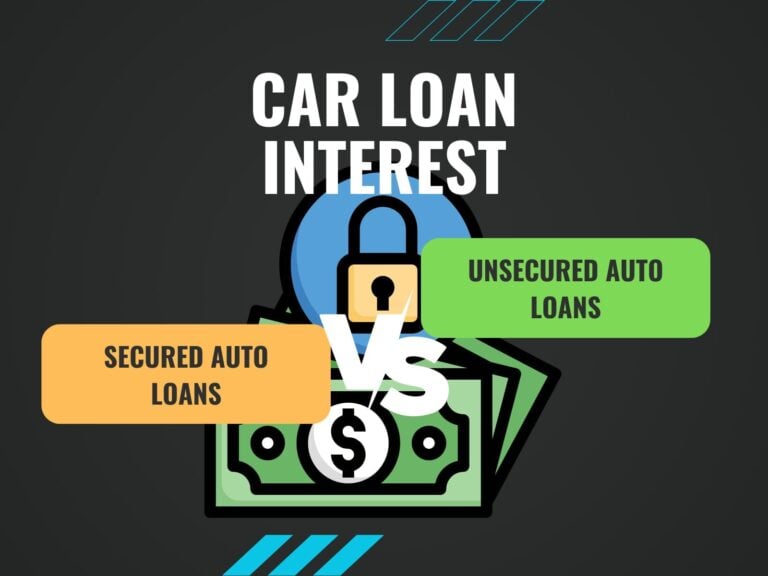
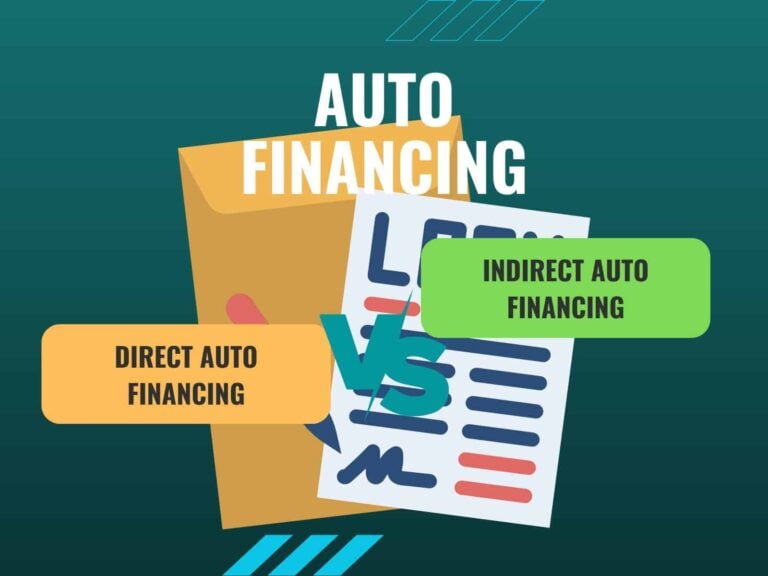
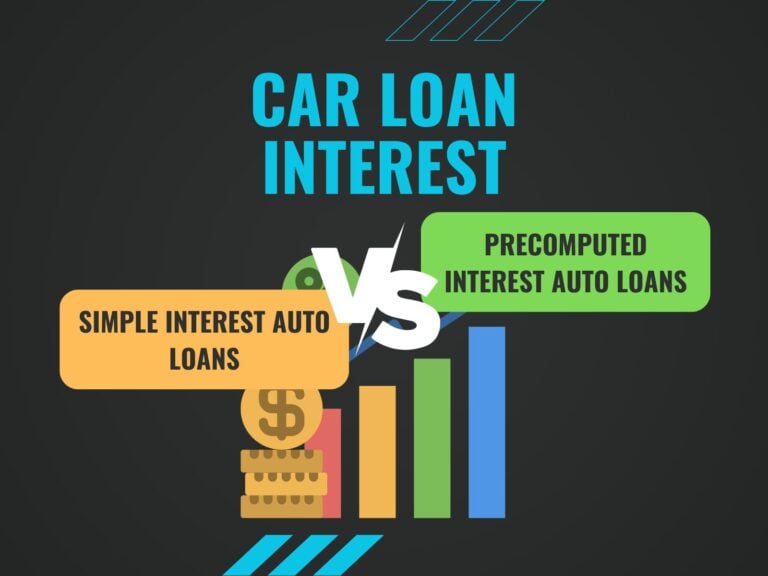
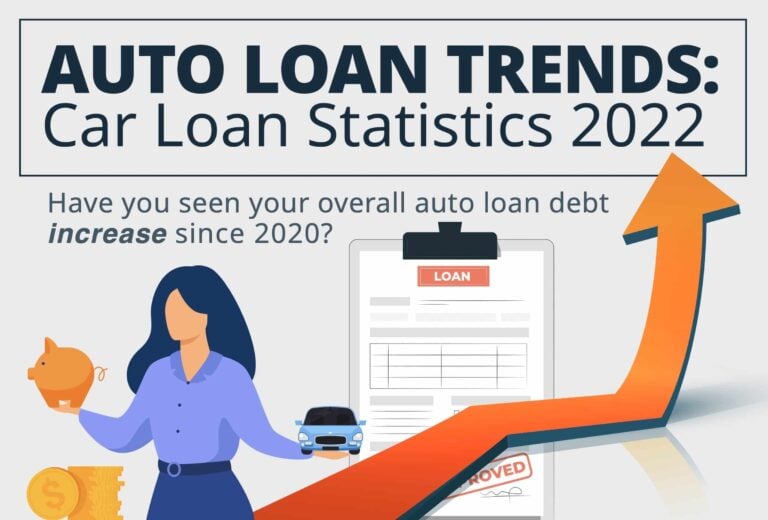

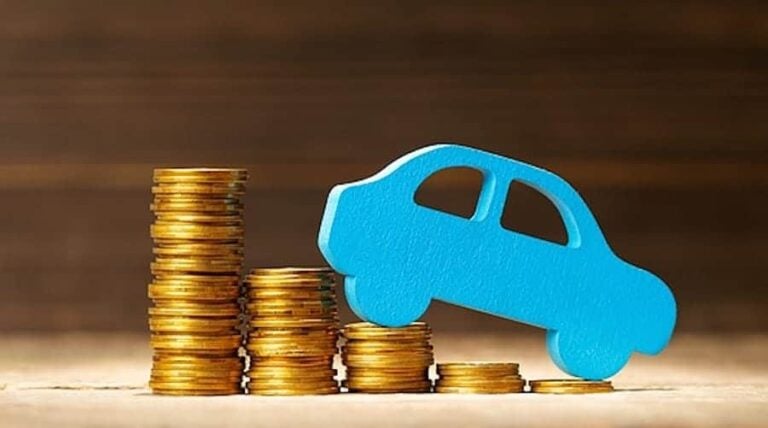

Debt Relief Reviews

Ready To Get Started?
See if you qualify for debt relief. Get a Free savings estimate to see how quickly you can be debt free.
Embrace financial freedom with our tailored solutions, expert guidance, and unwavering commitment to your success.
Experienced Professionals
Our experienced team has helped thousands of clients successfully eliminate debt and regain financial freedom.
Customized Solutions
We know every financial situation is different, so we design personalized debt relief plans to fit your specific needs and goals.
High Success Rate
Our proven debt relief strategies deliver real results. With a strong track record of success, we help clients achieve lasting financial stability.
Confidential Consultation
Your privacy is our priority. All debt relief consultations are 100% confidential and handled with the highest level of discretion.



